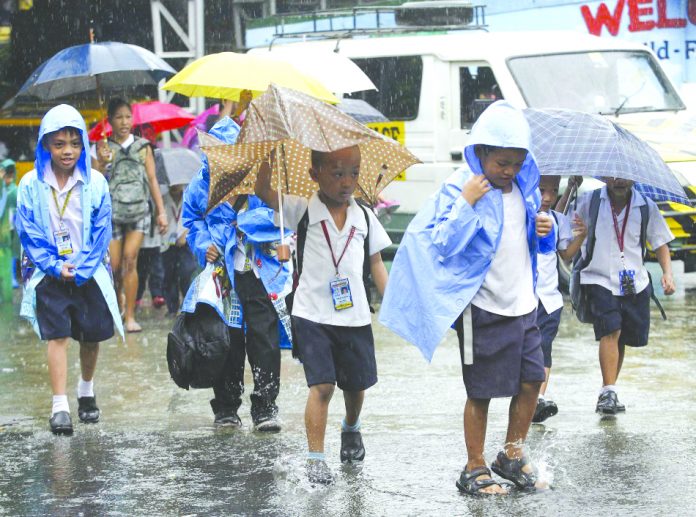
SAN JOSE, Antique – The Integrated Provincial Health Office (IPHO) is reminding the public to be vigilant against water-borne diseases as rainy season is about to come.
Sheere Vego, head of IPHO’s Infectious, Environmental and Occupational Cluster, said they have recorded one death out of the three leptospirosis cases reported from Jan. 1 to June 6 this year.
“The IPHO is urging the local government units to purchase Rapid Diagnostic Test kit for leptospirosis for early detection,” she stressed.
Vego explained early detection is a big help for persons infected with leptospirosis where medical treatment must be administered immediately.
According to World Health Organization, leptospirosis is a bacterial disease that affects both humans and animals. Humans become infected through direct contact with the urine of infected animals or with a urine-contaminated environment.
The bacteria enter the body through cuts or abrasions on the skin, or through the mucous membranes of the mouth, nose and eyes.
In the early stages of the disease, symptoms include high fever, severe headache, muscle pain, chills, redness of the eyes, abdominal pain, jaundice, skin hemorrhages, vomiting, diarrhea, and rash.
Vego meanwhile reminded parents of another infection commonly developed in children when they get drenched in the rain.
She noted the hand-foot-and-mouth disease is not water-borne but this is also commonly acquired by children.
“It is the main responsibility of parents to remind their children not to get wet when it is raining so they won’t get sick,” she said.
She added children should be given vitamins and taught how to eat fruits and vegetables so they won’t easily get sick.
Vego said school nurses are also instructed to teach the school kids of healthy hygiene habits like the proper hand washing procedures. (With a report from WHO, PNA/PN)



